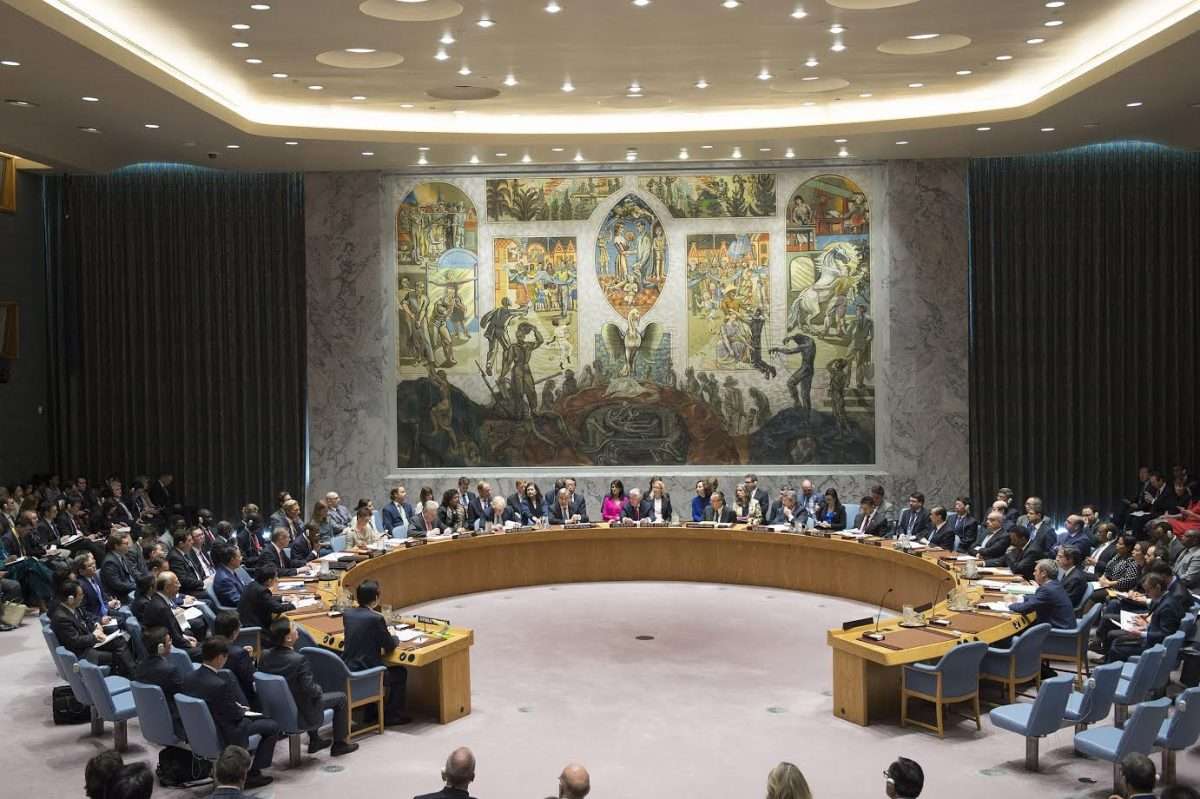While the international legal order as we know it seems to be tilting to a more anarchic mode, incremental changes to the UN system of collective security and specifically the UN Security Council are still materializing. In the year that Russia started the war against Ukraine, which resulted in the Council’s paralysis on many fronts, a landmark Resolution 2664 appeared, creating a humanitarian carve out to UN sanctions, recently renewed in Resolution 2761 (2024). Last summer, in the midst of the deepening poly-, or even perma-crisis of the international system, the Security Council surprisingly achieved an important improvement to its sanctions system in terms of due process and rule of law standards. Resolution 2744, adopted on 19 July 2024, significantly enhanced the mandate of the Focal Point, originally created in 2006. Through this renewed mechanism, individuals and entities on sanctions lists other than the one on Al-Qaida and ISIS will finally have some access to a de-listing procedure. It is true that Resolution 2744 remains…
Security
Page 1 of 2
The First Humanitarian ICT Resolution: Ambitions and Limitations
On 31 October 2024, the International Conference of the Red Cross and Red Crescent adopted an unprecedented resolution on protecting civilians against the potential human cost of digital activities during armed conflicts. This post offers a critical appraisal of the resolution’s main aspects against the background of its adoption. As will be explained, the resolution is both…
‘An Attack on Maersk Strikes Everywhere at Once’: International law and the Political Economy of Digitalization
In June 2017, the Danish shipping giant Maersk faced a monumental crisis that highlighted both the fragility of modern digital infrastructure and the centrality of information technology to global capitalism: a targeted cyberattack against Ukraine spiraled into a worldwide outage, crippling Maersk’s information technology systems and halting operations in ports across the globe. With 4,000 servers and 45,000…
Navigating France’s Views on Sovereignty in Cyberspace: Why Might France Not Be in the “Sovereignty-As-A-Rule” and in the “Pure Sovereignty” Camps
Since 2013, States have repeatedly reaffirmed in multilateral institutions that the principle of sovereignty applies in cyberspace, and in particular that “in their use of ICTs, States must observe, among other principles of international law, State sovereignty, sovereign equality” (A/70/174). As more and more states publish their views on the application of international law in…
When Reinforced Self-Judgment Meets Judicial Review: Insights from Seda v. Colombia
On 27 June 2024, the tribunal in the investment dispute Seda v Colombia delivered a long-awaited award. The decision, hailed by Colombia as ‘historic’, represents the first publicly available award where an investment tribunal accepted the ‘self-judging’ character of a provision within an investment agreement. Additionally, it is the first public award to dismiss an entire…
- Page 1 of 2
- Last
